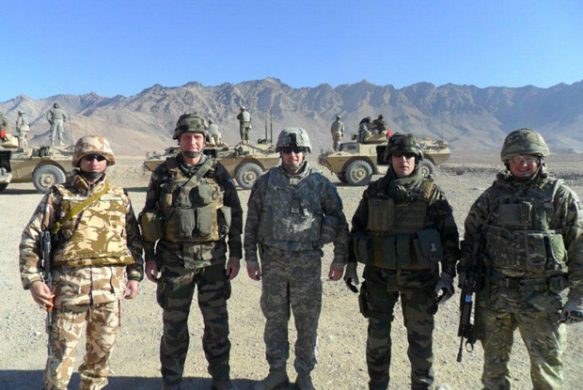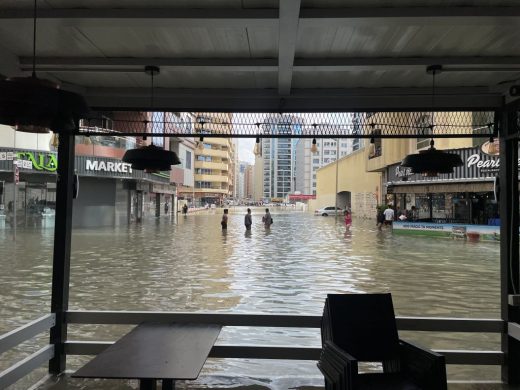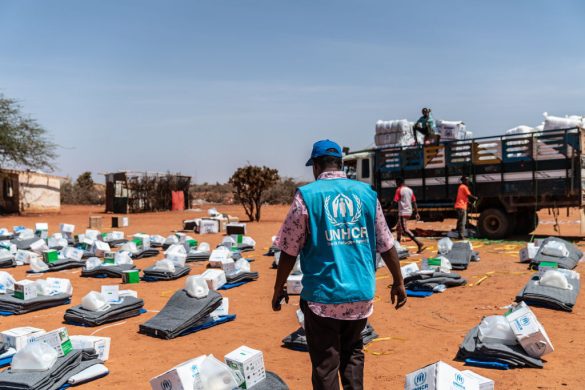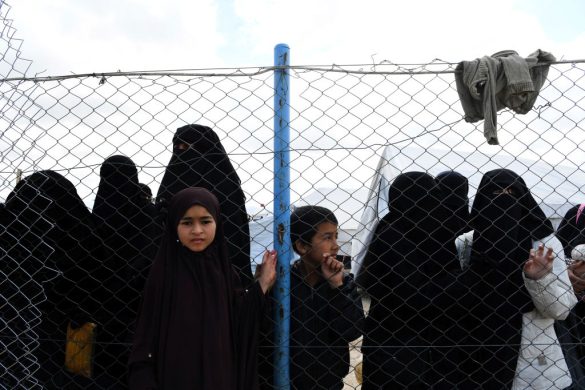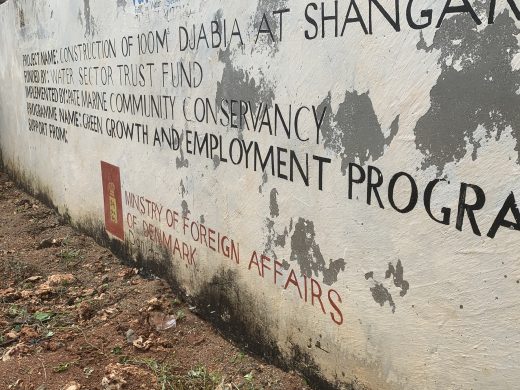Washington, D.C., May 22 2017 (The Center for Climate and Security): In a new report, the Center for Climate and Security (CCS), a policy institute with an Advisory Board of retired senior military officers and national security experts, applauds NATO’s attention to climate change while offering recommendations for how the Alliance can more thoroughly address climate-related risks to the NATO mission.
The report, titled The Alliance in a Changing Climate: Bolstering the NATO Mission Through Climate Preparedness arrives ahead of the North Atlantic Council meeting on May 24th-25th.
Will affect future security environment
The report looks at the impact of climate change on NATO’s operating environment:
“Climate change will adversely affect the future security environment and intersect with core NATO activities. It has the potential to change the context in which NATO operates dramatically, and will create risks that increase in both likelihood and severity".
"With so much potential for disruption, climate change should be treated as a strategic concern for the Alliance – a threat multiplier of existing risks to NATO, including on its eastern and southern borders.”
Already being adressed
In assessing NATO’s current approach to the issue, the report also finds that climate change is already being addressed by certain nodes within NATO’s official structures, such as NATO Allied Command Transformation’s Long-Term Military Transformation process, and unofficial structures such as the NATO Parliamentary Assembly and NATO Centers of Excellence.
However, the report calls on NATO to build on this progress to better prepare for and manage these risks to its mission, stating:
“NATO should do more to monitor and prepare for climate-related instability, or it risks being caught off-guard in a geostrategic environment that will be increasingly shaped by climate change.”
Rapid changes
The report’s recommendations center on ensuring that the NATO mission is not compromised by these rapid changes, stating:
“Adequate preparation will bolster NATO’s resilience, ensure the adequacy of forces when responding to more traditional threats, avoid the higher costs of responding to such threats post facto and enhance NATO’s ability to manage low probability/high impact threats.”
A few examples of the report’s recommendations include:
Raising the profile of climate change on the NATO agenda, including at NATO Summits and North Atlantic Council meetings;
Appointing an issue champion outside of staff structures to amplify existing work on climate and security, raise the profile of the issue and generate momentum within NATO;
Developing a common NATO strategy for addressing the impact of climate change on military operations;
Encouraging member states to integrate climate risks into intelligence assessments, and national security and defense strategies (modeled on US Quadrennial Defense Review).
Will make threats worse
The report ultimately acknowledges the main threats facing the Alliance,while arguing that climate change will only make those threats worse. This is the rationale for bolstering the NATO’s mission through climate preparadness:
“Proactively developing capabilities in this area may not seem essential in the face of a revanchist Russia and the expansion of ISIS, but the potential repercussions of climate change for NATO’s mission are significant, and warrant an appropriate response.”

